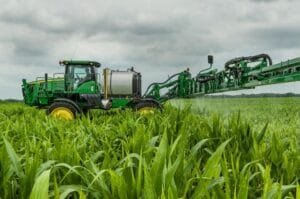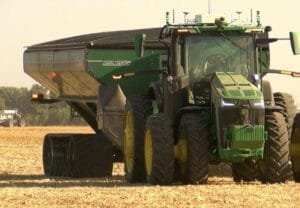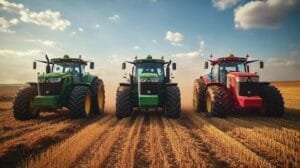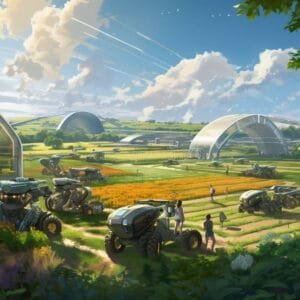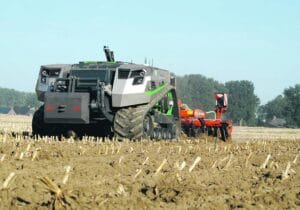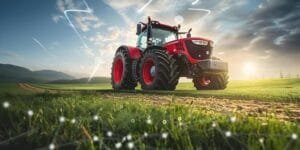The agricultural equipment industry is undergoing a significant conversion, and Kubota Corporation stands at the forefront of this digital revolution. The Japanese manufacturer, known for its reliable tractors and farm machinery, has embraced smart technology to enhance farming efficiency and productivity. Through the integration of artificial intelligence, IoT sensors, and autonomous capabilities into their equipment lineup, Kubota is reshaping how modern farmers approach their daily operations. This technological shift represents a pivotal moment in the company’s century-long history and signals a new era in precision agriculture. In an era where agriculture meets cutting-edge technology, Japanese manufacturing giant Kubota has emerged as a frontrunner in revolutionizing farm equipment through digital innovation. The company’s strategic shift towards smart farming solutions represents a significant departure from conventional agricultural machinery, incorporating artificial intelligence, automation, and data analytics into their product lineup.
At the heart of this transformation lies Kubota’s advanced GPS-guided autonomous tractors,which operate with centimeter-level precision. These machines utilize refined algorithms to optimize field coverage, reduce fuel consumption, and minimize soil compaction.Farmers can monitor and control their equipment remotely through smartphone applications, allowing for unprecedented operational flexibility and efficiency.
The implementation of Internet of Things (IoT) sensors across Kubota’s equipment line enables real-time monitoring of machine health, performance metrics, and maintenance requirements. This predictive maintenance approach helps prevent costly breakdowns during critical farming periods and extends equipment lifespan. The collected data streams into a centralized platform, providing farmers with actionable insights for improved decision-making.
Kubota’s innovative Agri Robo series showcases the company’s commitment to autonomous farming solutions. These self-driving machines can perform complex agricultural tasks, from seeding to harvesting, with minimal human intervention. The integration of computer vision technology allows these machines to identify crop rows, detect obstacles, and adjust their operations according to field conditions.
Weather monitoring systems and soil sensors have been incorporated into Kubota’s digital ecosystem, enabling precise irrigation management and optimal resource allocation. This smart irrigation technology adjusts water distribution based on real-time soil moisture levels, weather forecasts, and crop requirements, resulting in significant water conservation and improved yield outcomes.
The company’s Farm Pilot platform serves as a extensive management system, aggregating data from various sources to provide farmers with detailed analytics on crop health, yield projections, and resource utilization. This digital command center allows agricultural professionals to make informed decisions about planting schedules, fertilizer application, and harvest timing.
Kubota’s commitment to connectivity extends to their implementation of 5G technology in rural areas,ensuring reliable interaction between machines and control systems. This infrastructure investment supports the seamless operation of autonomous equipment and enables real-time data transmission across vast agricultural operations.
Recent developments in their electric vehicle program demonstrate Kubota’s dedication to environmental sustainability. Their electric tractors and utility vehicles combine zero-emission operation with digital capabilities,offering farmers environmentally conscious alternatives without compromising on technological advancement.Research and growth efforts continue to focus on artificial intelligence applications, including machine learning algorithms that can identify plant diseases, optimize crop rotation patterns, and adapt equipment operations to varying field conditions. These innovations position Kubota at the forefront of agricultural technology, driving the industry toward a more efficient and lasting future.

